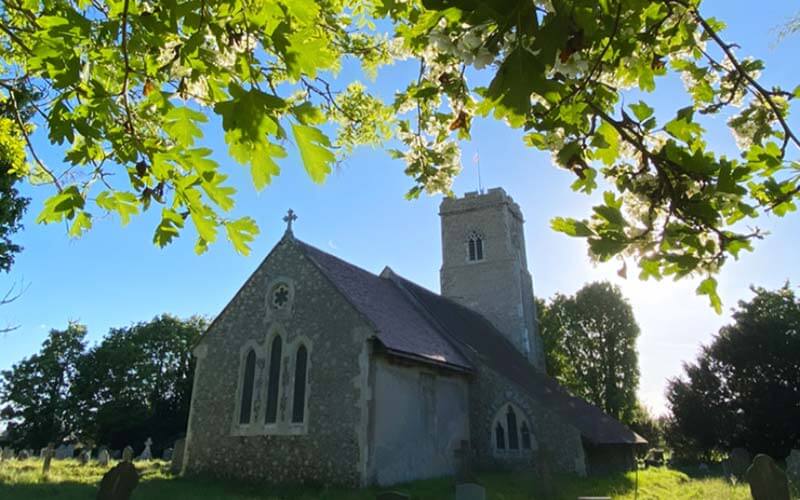What is a CLT?
A Community Land Trust (CLT) is a Community Benefit Society, regulated by the Financial Conduct Authority (FCA) and formed when people get together to create a not-for-profit organisation for the good of the community.
A CLT strives to meet the long-term needs of its community by creating permanently affordable housing that remains owned by the community forever.
It does this by acting as a long-term steward of housing, ensuring that it remains genuinely affordable, based on what people actually earn in their area, not just for now but for every future occupier.


What are the benefits?
There are loads! Usually, the stimulus is a desire to create affordable homes that are available to local people who cannot afford housing on the open market. CLTs:
- are locally driven, controlled and democratically accountable;
- are able to meet local housing need even in areas with very high house prices;
- are able to provide housing that is permanently affordable;
- can give the community an asset for the future;
- genuinely empower local communities – people that live and work, or want to live and work within a defined geographical area.

Looking to the future
The CLT’s legal ‘asset lock’ is a restrictive covenant ensuring that assets can only be sold or developed in a manner that benefits the local community.
The money realised from any sales is protected and must be re-invested into something that will benefit the local community.
CLT rented accommodation is exempt from Right to Buy and owner occupiers of affordable ownership properties are legally obliged to comply with strict guidelines if they decide to sell.
None of this can happen unless we get land!

Who is in charge?
CLTs are locally-driven, controlled and accountable to their members.
Membership is open to all who live or work in the defined community.
CLTs are not a legal form in themselves (like a company), but they are defined in law and so there are certain things that a CLT must be:
- They must be set up to benefit a defined community;
- They must be not-for-private-profit. This means that they can, and should, make a surplus as a community business, but that surplus must be used to benefit the community;
- Local people living and working in the community must have the opportunity to join the CLT as members;
Those members control the CLT by electing its Board of Trustees.
